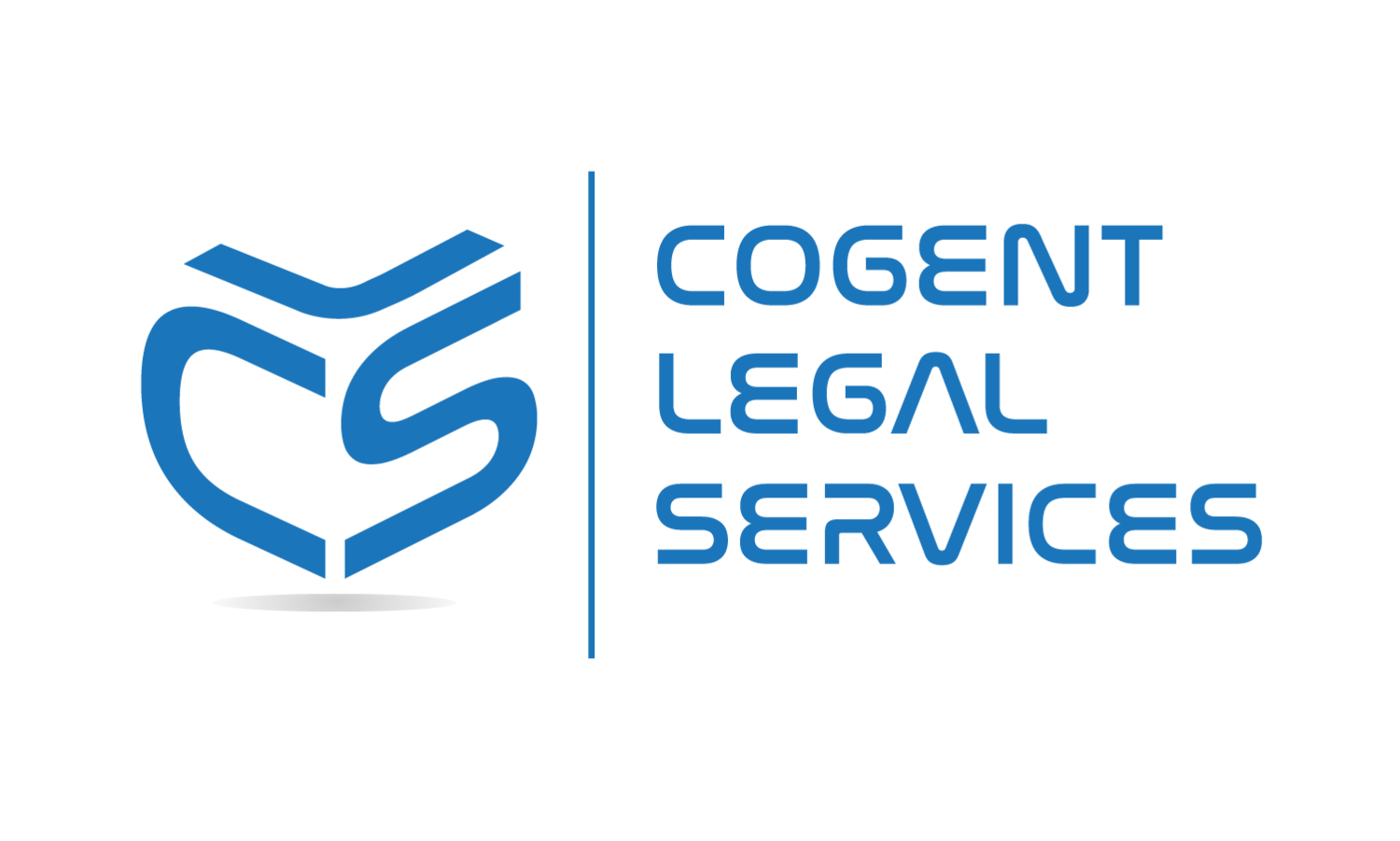HIPAA Compliance & Court Reporting: A Comprehensive Guide
The Health Insurance Portability and Accountability Act (HIPAA) was introduced to safeguard the sensitive health information of individuals, establishing a protective standard where none existed previously. In the early days, HIPAA regulations were primarily aimed at health plans, health care providers, and health care clearinghouses. However, over time, a crucial update expanded this coverage to include Business Associates – those legally associated with the aforementioned entities who interact with health data. But how does this affect entities such as court reporters and litigators?
Understanding the HIPAA Update:
The amendment of the HIPAA compliance was a significant move to accommodate situations where a discourse on an individual's Protected Health Information (PIH) might be necessary. In legal proceedings, for example, 'courtroom typers' or court reporters, as well as litigators, often find themselves working with PIH. To avoid any unintended breach or mishandling of such data, the HIPAA revision now extends its reach to these professionals as well.
HIPAA's Impact on Litigators and Court Reporters:
The 2013 HIPAA revision had profound implications for litigators and court reporters. Now classified as business associates when handling cases involving PIH access, they are subject to HIPAA regulations. This extends to court reporting services as well, who, when hired by litigators, are considered subcontractors of the business associates, thereby increasing their level of responsibility.
The Role of Litigators in Ensuring Compliance:
Retaining the services of professional court reporters, such as those found at Cogent Legal Services, specializing in Florida Court Reporting and Tampa Court Reporting, is vital for legal proceedings. These professionals offer valuable peace of mind, efficiency, and remarkable transcription accuracy, thereby enhancing your case's overall presentation. Yet, attorneys must exercise caution by establishing a Business Associate Agreement (BAA) with their court reporters before the case commences. Without such an agreement, any HIPAA violation committed by the court reporter could result in substantial financial penalties for the attorney.
The Ethical Side of Compliance:
Beyond the potential for legal issues, handling sensitive health information carries significant moral weight. A violation by a court reporter can lead not only to monetary fines but also to severe damage to the individual whose information has been mishandled. Thus, it's paramount to ensure that the court reporting services you engage maintain high standards of professionalism and ethical conduct. Reputable services like Florida Court Reporting and Tampa Court Reporting adhere to these principles and offer additional benefits such as real-time reporting and electronic deposition, in line with the demand for court reporters in the modern era.
Conclusion:
The goal of HIPAA compliance isn't to create obstacles for litigators, but rather to ensure the privacy of individuals is respected. By adhering to the law and ethical guidelines and choosing responsible subcontractors, you can navigate the legal landscape with confidence. Whether you're seeking a Fort Lauderdale Court Reporter, a Court Reporter Orlando FL, or court reporters in Tampa FL, always remember to prioritize professionalism and HIPAA compliance.

